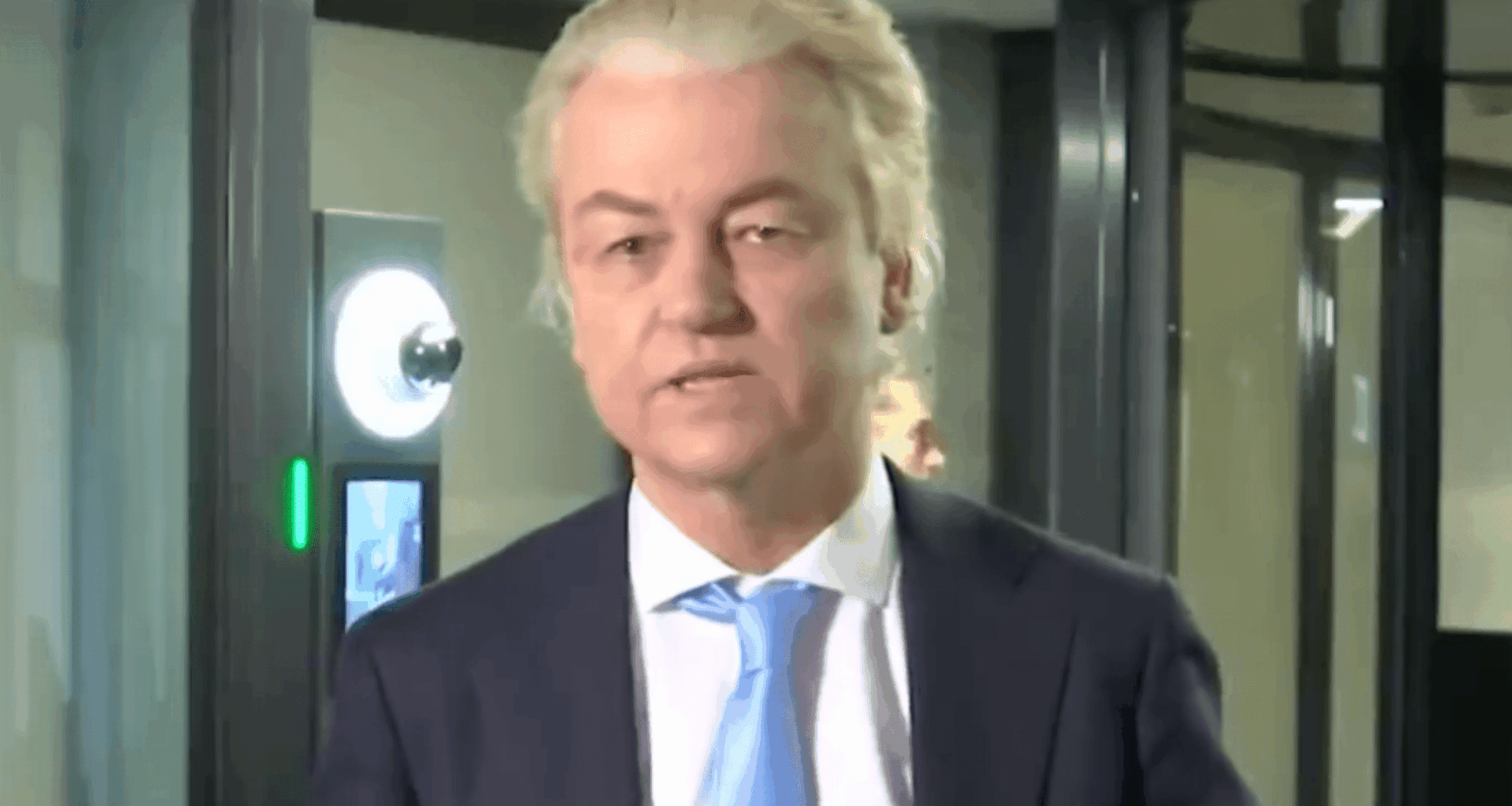His 10-point migration plan, unveiled in late May, may be the most radical proposal to emerge from the Dutch right in decades—and it could shake the very foundations of Europe’s asylum policy.
The announcement has ignited a firestorm across the Netherlands and the European Union, pitting legal obligations and humanitarian concerns against growing public unease over immigration and national identity.
At the heart of Wilders’ proposal lies a searing indictment of Europe’s refugee regime, which he blames for straining public services, undermining cultural cohesion, and threatening internal security. “The Netherlands must close its borders to asylum seekers, stop family reunifications, and begin repatriating Syrians to safe zones immediately,” Wilders declared in typical pugilistic fashion.
Wilders’ Party for Freedom (PVV) is currently part of a delicate governing coalition alongside the centre-right VVD, the agrarian populist BBB, and the technocratic NSC. The alliance, struck earlier this year after months of negotiation, was hailed by some as a stabilising force—a pragmatic compromise in a fragmented political landscape. But Wilders’ latest threat to walk out of government unless his migration demands are met exposes just how brittle that consensus truly is.
Wilders’ plan hinges on the claim that parts of Syria are now sufficiently stable to warrant the return of refugees. He points to areas nominally controlled by the Assad regime. But international bodies, including the United Nations and the European Union, beg to differ. They continue to classify Syria as unsafe for returns, citing widespread repression, economic collapse, and the arbitrary detention of returnees.
Human rights watchdogs warn that sending Syrians back—even to areas not currently active conflict zones—could expose them to persecution, torture, or forced conscription. Indeed, the European Court of Human Rights has consistently ruled against forced returns to Syria, maintaining that even voluntary returns are fraught with risk.
Nevertheless, Wilders is undeterred. His insistence that the Foreign Ministry reclassify certain regions as “safe” is not merely administrative; it is a political gambit aimed at reshaping Dutch refugee policy from the ground up. And it resonates deeply with a public increasingly disenchanted with what they perceive as open-ended asylum obligations.
The PVV’s position within the coalition has empowered Wilders to push harder than ever. He is not governing from the fringes anymore. His ability to wield real influence over government policy gives him unprecedented leverage—and he knows it.
By threatening to collapse the coalition unless stricter asylum rules are enacted, Wilders is forcing his partners to choose between political stability and their commitment to international law. VVD, long a stalwart of pragmatic liberalism, finds itself in a bind. It cannot afford to alienate its base, many of whom are sympathetic to Wilders’ hard line, but nor can it be seen as dismantling the very asylum protections the Netherlands helped enshrine in European law.
The Farmers Citizens Movement (BBB), whose rise was fuelled by rural resentment and anti-elite sentiment, may be inclined to side with Wilders on migration. Meanwhile, the New Social Contract (NSC)—a relatively new party that champions administrative competence and centrist policy—risks being the coalition’s moral compass, pulling back from the brink of Wilders’ political revolution.
But compromise may prove elusive. If Wilders walks, the government collapses. If he stays and wins, the Netherlands could enact the strictest migration laws in its modern history.
This is not the first time the Dutch government has flirted with rolling back refugee protections. In December 2024, amid uncertainty following renewed turmoil in Syria, the Netherlands imposed a six-month freeze on asylum applications from Syrians. The move was justified on the grounds that it was unclear who controlled which parts of the country and whether conditions had changed sufficiently to warrant a reevaluation of the asylum policy.
At the time, officials insisted the freeze was temporary and that no deportations would occur until conditions were deemed safe and return agreements secured. Yet Wilders views this as a timid half-measure. His plan goes far beyond pause—it aims for reversal.
His proposals include slashing temporary residence permits from five years to three, further restricting family reunifications, and streamlining the deportation of asylum seekers with criminal convictions. The rhetoric is clear: the era of “naïve compassion,” as Wilders puts it, must end.
These positions are gaining traction not only in the Netherlands but across the continent. In Denmark, a Social Democrat-led government has already implemented a similar policy, stripping hundreds of Syrians of their residence permits on the basis that Damascus is now “safe.” In Germany, the Alternative für Deutschland (AfD) continues to surge in polls by making identical arguments.
A pan-European consensus on tougher asylum policies is emerging—driven not by Brussels, but by national leaders sensing a shift in the political winds.
To Wilders and his supporters, this shift is overdue. They argue that the asylum system has become a backdoor for mass migration, draining welfare systems and eroding national identity. They see the notion of “forever refuge” as an unsustainable promise in a world of chronic instability.
But to critics, Wilders’ plan represents a moral capitulation. They warn that Europe, which once prided itself on being a sanctuary for the persecuted, is abandoning its values under the weight of populist pressure. The framing of Syrians not as victims of tyranny but as burdens on the state reveals, they say, a deeper rot in the continent’s political soul.
For now, the Dutch government is treading cautiously. It continues to insist that no returns will occur without safety guarantees. But with Wilders threatening the coalition’s future, the direction of policy may soon shift.
The Netherlands, long viewed as a liberal beacon, is on the cusp of joining the European vanguard in migration restriction. If Wilders gets his way, the repercussions will echo far beyond Dutch borders—signalling to other states that the age of return has begun.
And with Syria still far from peace, the question looms: return to what? To whom? And at what cost?
Post Views: 655
